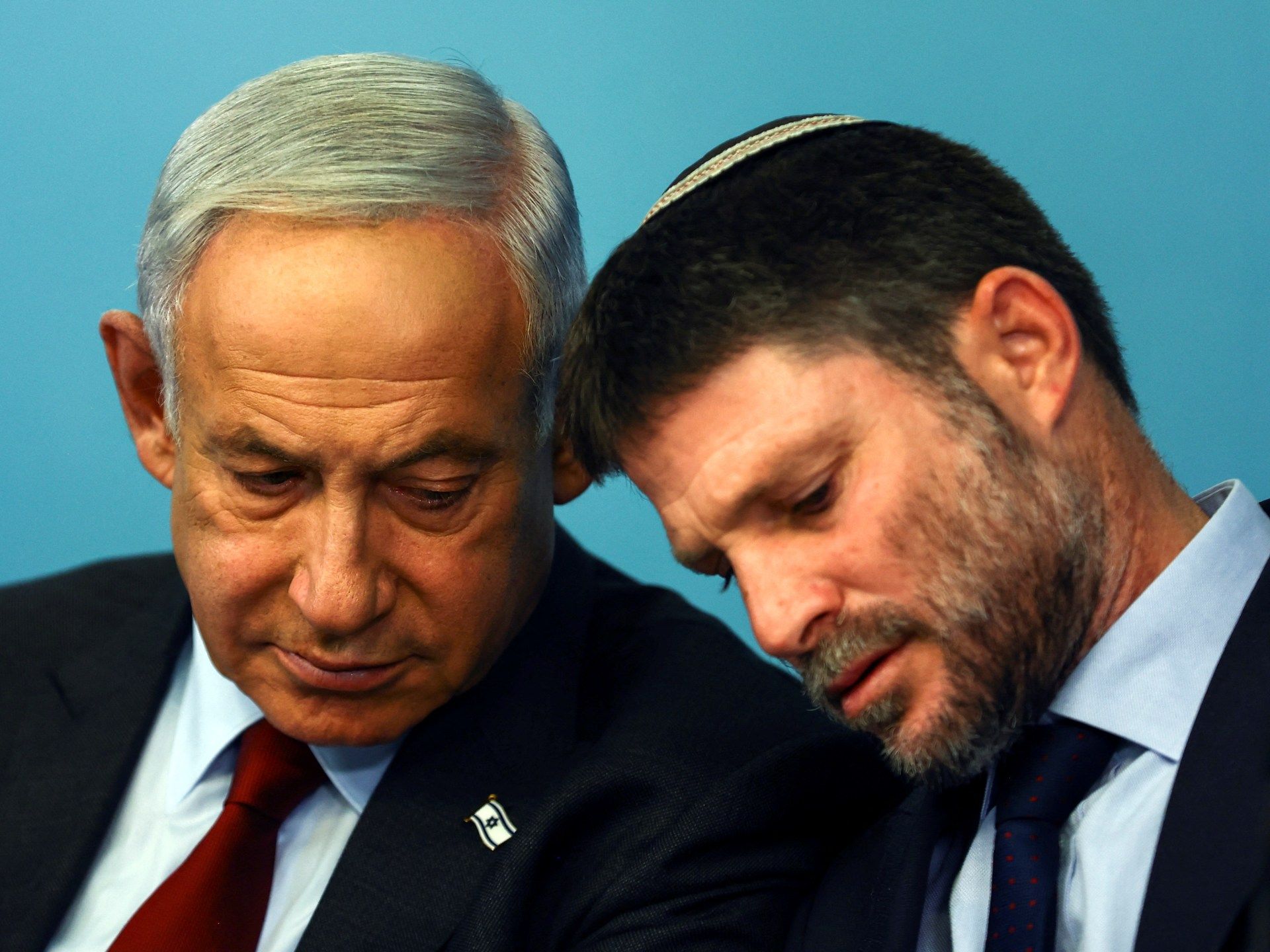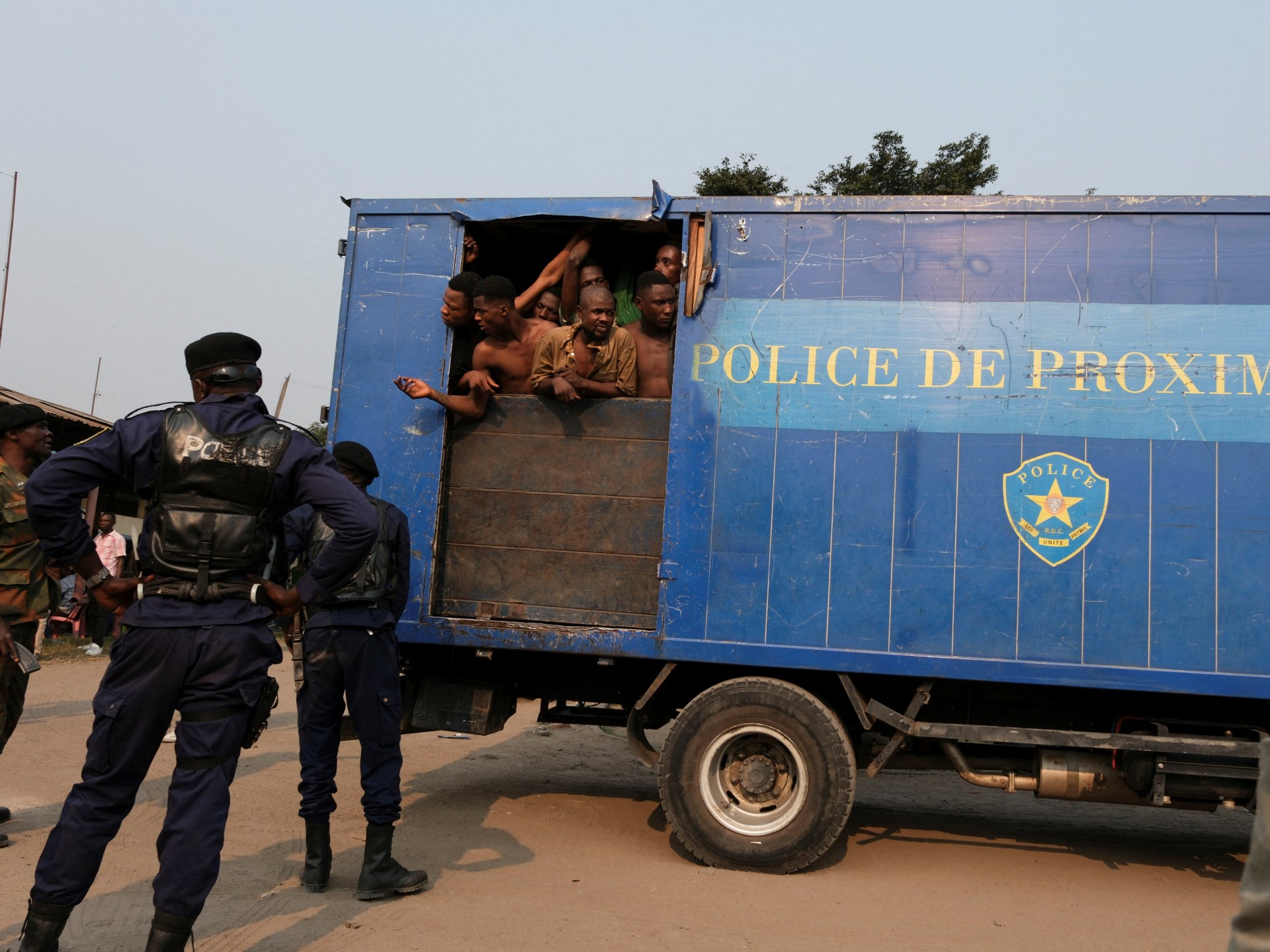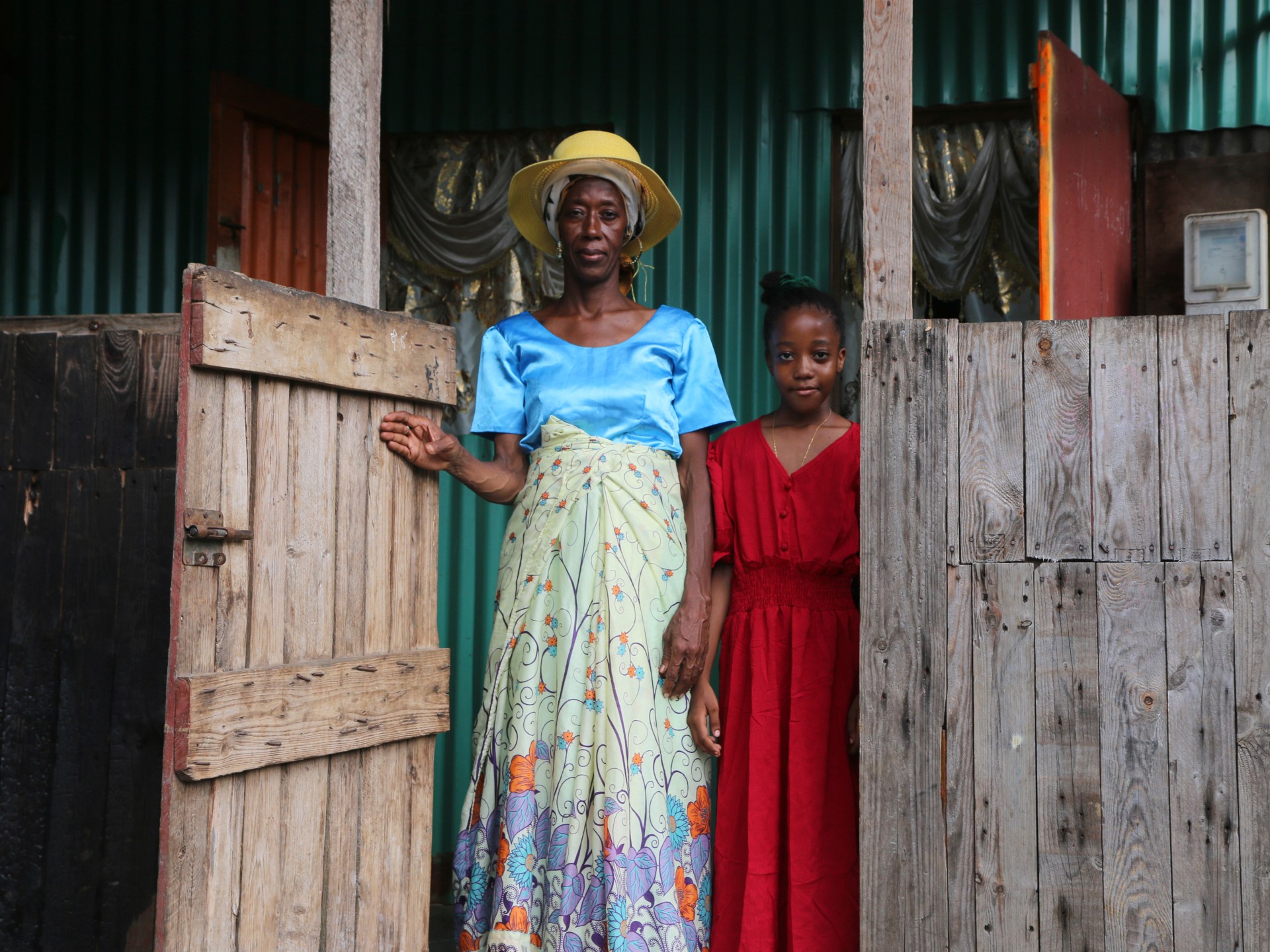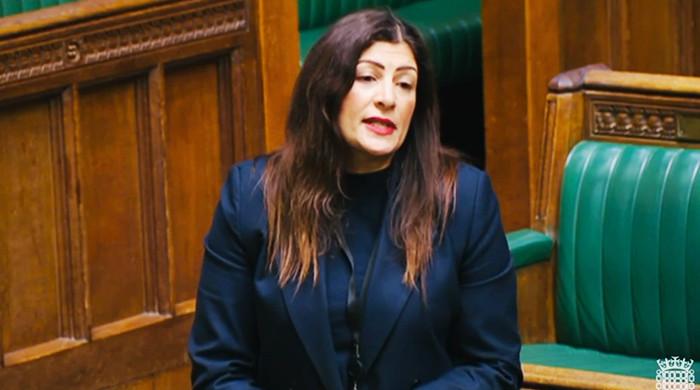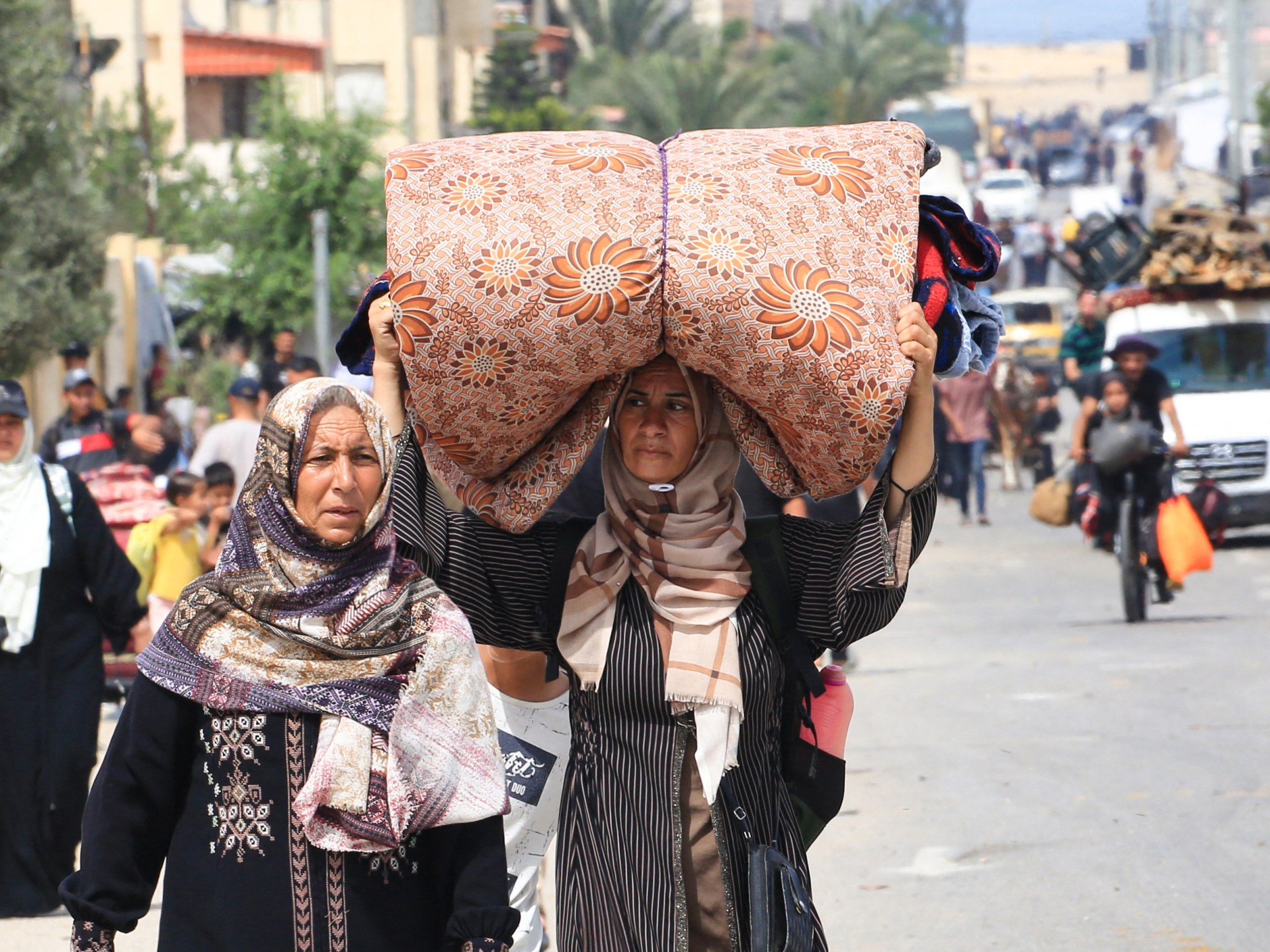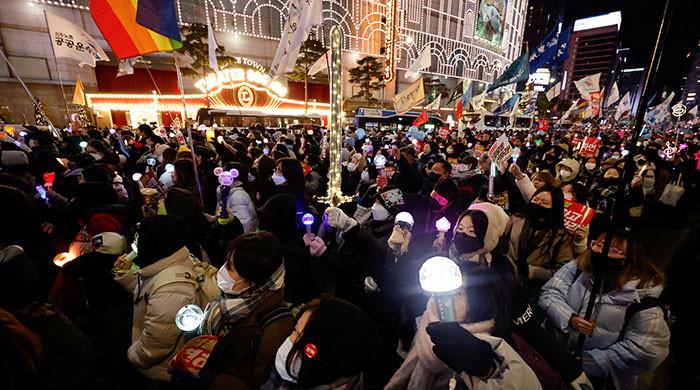Beirut, Lebanon – The killings of Hamas political leader Ismail Haniyeh in Iran and top Hezbollah commander Fuad Shukr in Lebanon this week could help Israeli Prime Minister Benjamin Netanyahu regain domestic support as he fights for political survival, analysts say, even if they may jeopardize hopes for the release of Israeli captives.
“The assassination of Haniyeh is very important for Netanyahu’s political and security credentials,” Hugh Lovatt, an expert on Israel and Palestine at the European Council on Foreign Relations, told Al Jazeera. “It is, without a doubt, a political event.”
Israel has been rocked by unrest and internal divisions, first with months of protests over controversial judicial reforms pushed by Netanyahu's government, then with a growing movement critical of the prime minister's failure to secure a ceasefire deal with Hamas that could lead to the release of captives.
This week, far-right Israelis – including ministers and Knesset members – reacted angrily to the arrest of soldiers accused of torturing and raping Palestinian prisoners. A mob stormed the base where the soldiers were being held. Divisions between Israel’s political and security officials have also become increasingly public.
However, this week's series of killings could help Netanyahu change the narrative, at least temporarily, inside Israel, analysts said.
On July 30, Israel fired a missile that killed Shukr in his apartment building in Dahiya, a bustling residential neighborhood in the Lebanese capital, Beirut. Shukr was a top commander in the Lebanese armed group Hezbollah and had reportedly played a decisive role in planning military strategy.
Israel apparently carried out the killing in response to a shell that killed 12 Druze children and youths in the Israeli-occupied Golan Heights on July 27. Israel blames Hezbollah for the attack, but the group denies responsibility.
Hours after Shukr's death, Israel assassinated Haniyeh, who analysts say was playing a key role in ceasefire negotiations between Hamas and Israel. Haniyeh was killed while visiting Iran's capital, Tehran, to attend the inauguration of Iran's new moderate president, Masoud Pezeshkian. Israel has not claimed responsibility for the attack, but both Iran and Hamas blame it.
And on Thursday, a day after Haniyeh was killed, Israel said it had evidence that it had also killed senior Hamas operative Mohammed Deif in a raid in Gaza on July 13. Deif was a key founder of Hamas's military wing, the Qassam Brigades, and has been on Israel's most-wanted list for years.
“I think there is a moment in Israeli society where they can say that, despite all the detractors and concerns, [about the Gaza war]“They have now succeeded in attacking Hamas and are making real progress in taking out Hezbollah people as well,” Lovatt said.
Common ground
Throughout Israel's devastating war in Gaza, frictions have emerged between Israel's political and security elites.
The former has pledged to “dismantle” Hamas, while the latter has acknowledged that such a mission is impossible and instead calls for a negotiated solution that would recover Israeli captives and preserve Israeli security.
Israel has killed nearly 40,000 people in Gaza – most of them civilians – and uprooted almost the entire population of the enclave of 2.3 million. The war has also caused famine and a polio epidemic.
The war began in response to a Hamas-led attack on Israeli communities and military posts on October 7, during which 1,139 people were killed and some 250 taken prisoner.
Israelis blamed Netanyahu, as well as the Israeli security and intelligence apparatus, for failing to prevent the attack. But now, Israel's military and political establishment appears to have partially redeemed itself with the recent killings, according to Ori Goldberg, a local expert on Israeli politics.
But he said that while many Israelis view the political killings as a “victory” against their enemies, they are worried – even “resigned” – about a retaliatory attack by Iran and allied armed groups.
“It's as if the Israelis have schizophrenia,” Goldberg said. “We are shaking regional reality to its foundations and ignoring all warnings, and we appear extremely radical.” [in our moves]. On the other hand, [Israelis] They are saying that these [assassinations] “It needs to happen.”
Oren Ziv, an Israeli journalist and political commentator, agrees that the security forces have restored their reputation domestically by killing Haniyeh.
“In light of October 7 and the failure of the army and the security services, Israeli security wanted to show that it had recovered, and I think it did. The assassinations benefit Netanyahu from one point of view and the security establishment from another,” Ziv told Al Jazeera.
'Sacrifice the captives'
On July 25, US Vice President and likely Democratic presidential nominee Kamala Harris said she “will not be silent” in the face of the suffering in Gaza and called on all parties to seek and sign a ceasefire agreement, which would finally end the war and lead to the release of Israeli and Palestinian captives.

The speech came a day after Netanyahu gave a speech to Congress, where he called for more help to “finish the job” in Gaza.
Although Netanyahu's popularity has been at its lowest level since October 7, polls showed that his speech in Congress allowed him to regain some domestic support.
It is a worrying development for critics and pundits who accuse Netanyahu of intentionally delaying and even sabotaging a ceasefire deal for fear it could bring down his far-right government and trigger early elections. Netanyahu, they say, is stalling until he can regain enough popularity to win another national vote.
Lovatt suspects that Netanyahu's political survival was part of his calculation in killing Haniyeh, Hamas's main interlocutor in the ceasefire negotiations.
“Was there an additional factor – in Netanyahu’s mind – that killing Haniyeh would kill the ceasefire talks and thus prolong the conflict and, with it, Netanyahu’s political life? It is an extremely cynical calculation, but one that we cannot ignore because that is what has been done. [Netanyahu’s] behavior to date,” he told Al Jazeera.
“I say it is cynical because that means [Netanyahu] “He is punishing the Israeli hostages, at least from an Israeli point of view.”
Many Israelis, especially those calling for a “hostage deal,” may soon change their tune on Haniyeh’s killing once they realize it makes it harder to reach a ceasefire agreement, Ziv added.
“Israelis – including the families of the hostages – are basically not against these killings morally, but they may soon fear that they will put the safety of the hostages at risk,” he told Al Jazeera. “I would say that the vast majority supports the killings.” [assassinations]But some are concerned about timing.”

